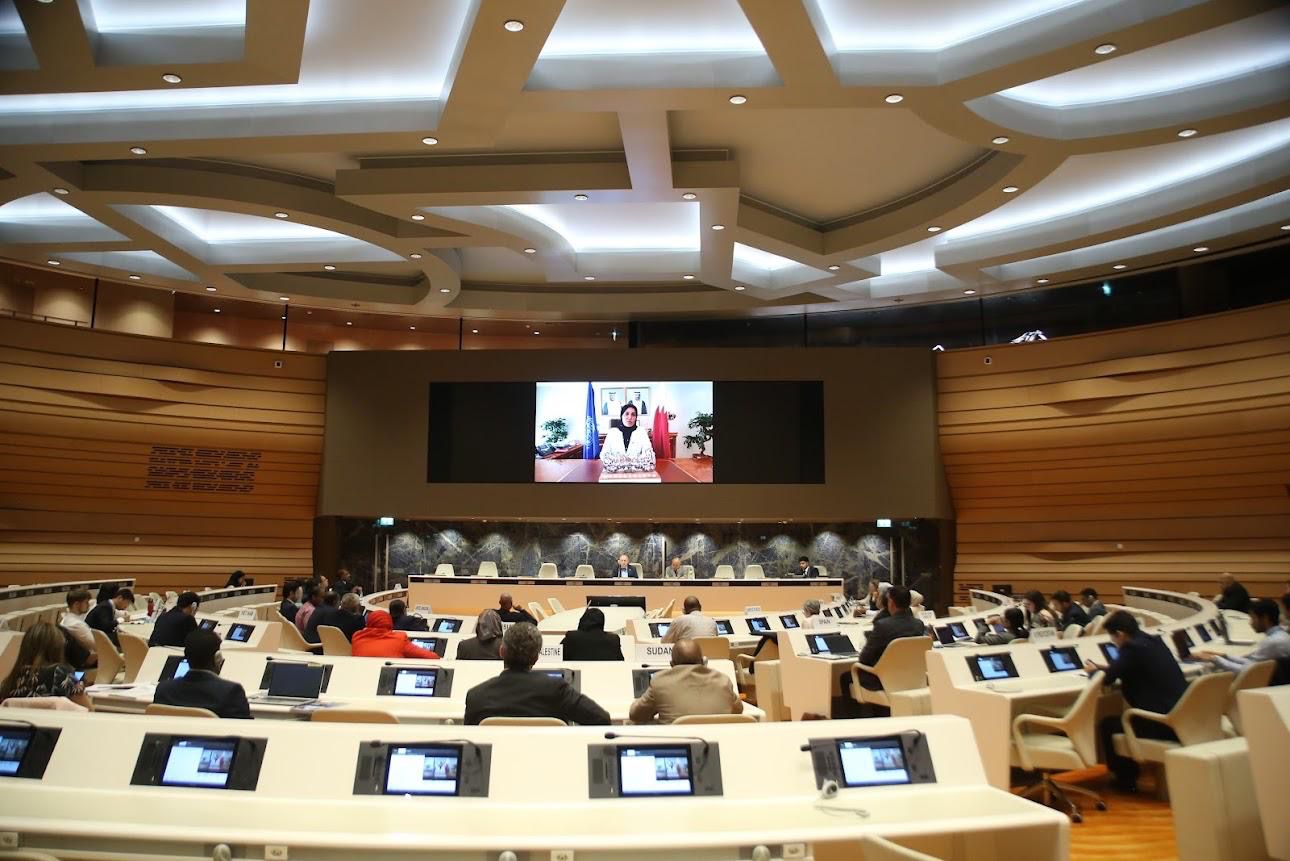WASD was established in the United Kingdom in 2000 under the goal of discussing sustainable development and technology management, providing experts and policymakers a platform for dialogue.
The International Sustainability Conference commenced at the United Nations headquarters in Geneva on Monday under the auspices of Qatar’s Permanent Mission to the UN office.
Organised by the World Association for Sustainable Development (WASD), the conference is taking place until July 25 with particular focus on “accelerating the implementation” of the 2030 Sustainable Development Agenda, particularly in education.
Qatar’s Permanent Representative to the UN Office in Geneva, Hend Al Muftah, represented the Gulf state at the event.
Addressing the conference, Al Muftah highlighted Qatar’s efforts “in supporting national development strategies through innovation, scientific research, and implementation.
“She added that Qatar has established a robust social protection system that ensures comprehensive access to healthcare and education, positioning the country high in regional and global human development indices,” the Qatari foreign ministry said in a statement.
WASD was established in the United Kingdom in 2000 under the goal of discussing sustainable development and technology management, providing experts and policymakers a platform for dialogue.
Speaking at the event, the Qatari diplomat stressed that “universities play a vital role in achieving the SDGs by disseminating knowledge, generating ideas, assisting governments and policymakers.”
Sustainable development is a core element in Qatar’s National Vision 2030, which aims to advance the Gulf state into one with a high standard of living for its people.
Qatar seeks to achieve its long-term goals by 2030 by implementing sustainable plans and strategies for the country’s development.
The national vision is aimed at addressing five key challenges, including modernisation and preservation of traditions, needs of the current generation and of future generations, and manage growth and uncontrolled expansion.
The other two factors include the size and quality of the expatriate labour force as well as promoting economic growth, social development, and environmental management.
Beyond domestic development, Qatar has been an advocate for achieving the UN’s 17 Sustainable Development Goals through various initiatives, especially in the field of education, while addressing humanitarian issues.







